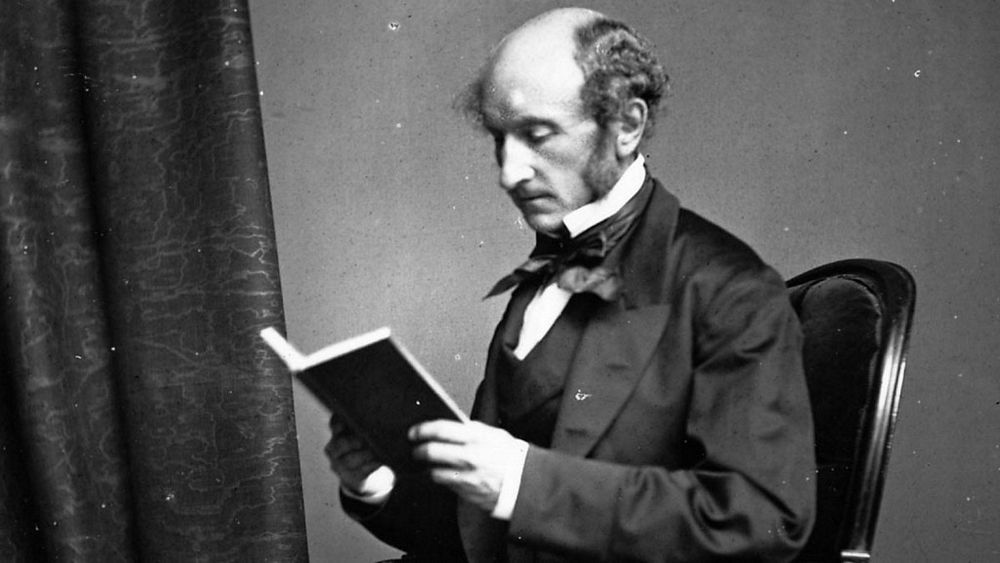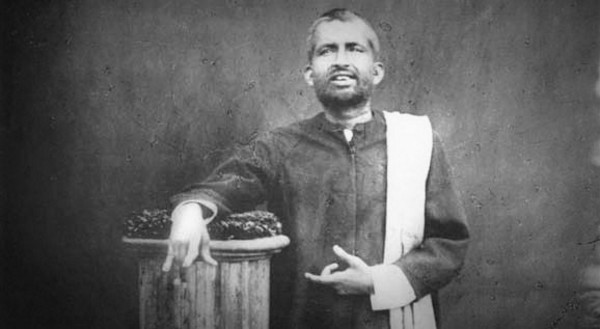
The Golden Rule or the ethic of reciprocity is the definitive, all-encompassing principle for ethical behavior. In essence, this maxim states, “One should treat others as one would like others to treat oneself” in the positive form and “One should not treat others in ways that one would not like to be treated” in the negative form, the latter called the Silver Rule. The utility of the Golden Rule is primarily in developing a framework of personal ethics, in forming a psychological outlook toward others, and not necessarily in directing behavior.
We find the Golden Rule in all the great cultures and the great religions of the world:
- Golden Rule in Baha’i Faith: “Lay not on any soul a load that you would not wish to be laid upon you, and desire not for anyone the things you would not desire for yourself.” [Source: Baha’u’llah, Gleanings]
- Golden Rule in Buddhism: “Treat not others in ways that you yourself would find hurtful.” [Source: Udana-Varga 5.18]
- Golden Rule in Christianity: “In everything, do to others as you would have them do to you; for this is the law and the prophets.” [Source: The Bible, Matthew 7:12]
- Golden Rule in Confucianism: “One word which sums up the basis of all good conduct….loving-kindness. Do not do to others what you do not want done to yourself.” [Source: Confucius, Analects 15.23]
- Golden Rule in Hinduism: “This is the sum of duty: do not do to others what would cause pain if done to you.” [Source: Mahabharata 5:1517]
- Golden Rule in Hinduism: “Why does a man inflict upon other creatures those sufferings, which he has found by experience are sufferings to himself?” [Source: Tiruvalluvar, Tirukkural Verse 318]
- Golden Rule in Islam: “Not one of you truly believes until you wish for others what you wish for yourself.” [Source: The Prophet Muhammad, Hadith]
- Golden Rule in Jainism: “One should treat all creatures in the world as one would like to be treated.” [Source: Sutrakritanga 1.11.33]
- Golden Rule in Judaism: “What is hateful to you, do not do to your neighbour. This is the whole Torah; all the rest is commentary. Go and learn it.” [Source: Hillel, Talmud, Shabbath 31a]
- Golden Rule in Native Spirituality: “We are as much alive as we keep the earth alive.” [Source: Chief Dan George]
- Golden Rule in Sikhism: “I am a stranger to no one; and no one is a stranger to me. Indeed, I am a friend to all.” [Source: Guru Granth Sahib, p.1299]
- Golden Rule in Taoism: “Regard your neighbour’s gain as your own gain and your neighbour’s loss as your own loss.” [Source: Laozi, T’ai Shang Kan Ying P’ien, 213-218]
- Golden Rule in Unitarianism: “We affirm and promote respect for the interdependent web of all existence of which we are a part.” [Source: Unitarian principle]
- Golden Rule in Zoroastrianism: “Do not do unto others whatever is injurious to yourself.” [Source: Shayast-na-Shayast 13.29]
Notes: Poster compiled by Paul McKenna for “Guidelines for Golden Rule” Workshop, published by Scarboro Missions, Scarborough, Ontario, Canada

 In
In  In
In 















 If you think
If you think .jpg)
.jpg)
.jpg)
.jpg)
.jpg)
.jpg)